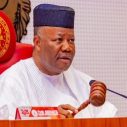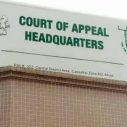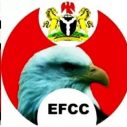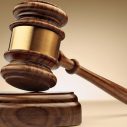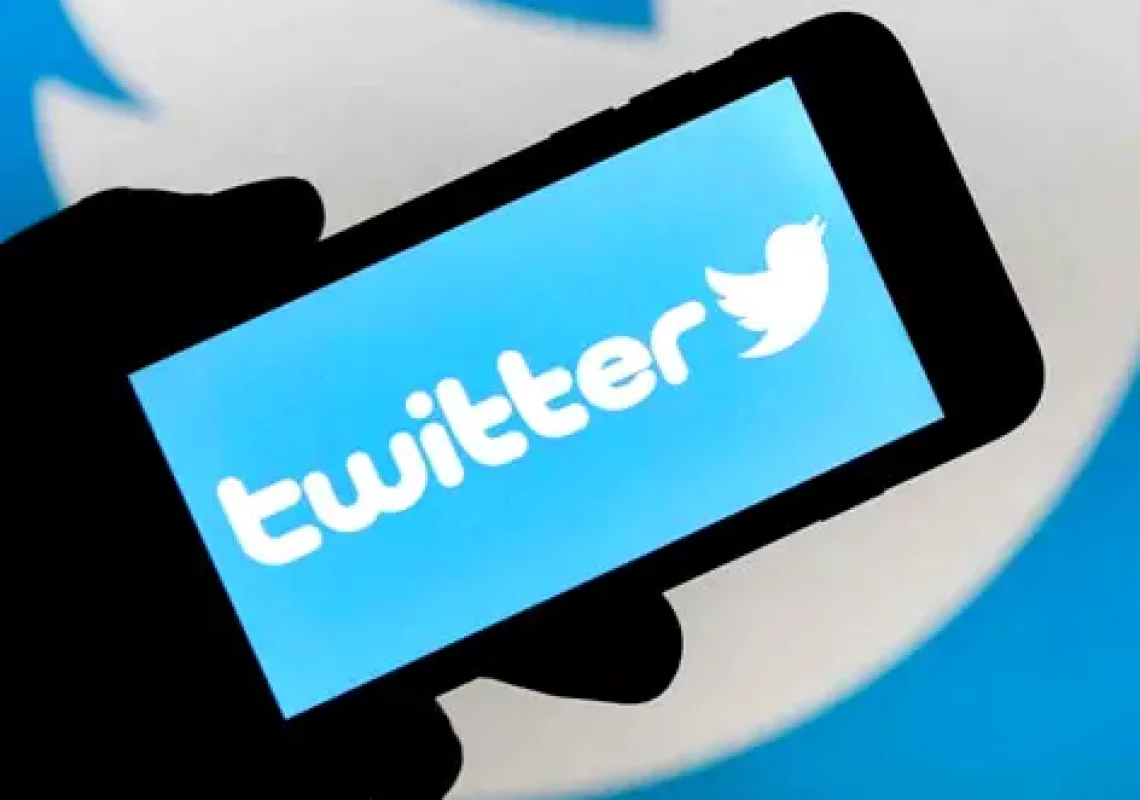The Community Court of Justice of the Economic Community of West African States (ECOWAS) has in a strong judgment, ruled that Nigeria’s ban on Twitter, a microblogging platform, was unlawful and inconsistent with the African Charter and the International Covenant on Civil and Political Rights.
The judgment, which was handed down on Thursday, stated that the act of the Federal Government of Nigeria suspending the operation of twitter violated the applicant’s rights to the enjoyment of freedom of expression and access to information and media contrary to International and Regional Laws.
A lawyer for Robert F Kennedy Human Rights Organisation, Ikechukwu Uzoma, who was an amicus curiae to the case, stated on his Twitter handle that the Court further ordered President Muhammadu Buhari’s administration to guarantee the non-repetition of the unlawful ban of Twitter and undertake legislative or other measures on the use of Twitter to enable the enjoy the freedom of expression.
“ECOWAS Court in a strong judgment finds that the Nigerian Twitter ban was unlawful and inconsistent with the African Charter and the International Covenant on Civil and Political Rights. The court held “the act of Nigeria suspending the operation of twitter violated the applicant’s rights to the enjoyment of freedom of expression, access to information and media contrary to International and Regional Laws.
“The ECOWAS Court ordered the Nigerian Government to take necessary steps and measures to give effect to the rights and freedoms protected by the African Charter and the International Covenants. The Court further ordered President Muhammadu Buhari’s administration to guarantee the non-repetition of the unlawful ban of Twitter and undertake legislative or other measures on the use of Twitter to enable the enjoy the freedom of expression. The Court finally ordered the Federal Government to pay the cost incurred by the applicants in the proceedings. A great day for human rights, promotion of civic space and digital rights,” he said.
The Socio-Economic Rights and Accountability Project (SERAP) and 196 others, Media Rights Agency and 8 others, Malcolm Omirhobo, and Patrick Elohor had filed suits at the ECOWAS court last year, against the Federal Republic of Nigeria, challenging the action of President Buhari in banning Twitter in the country.
However, the Court made an order consolidating all the four cases marked as ECW/CCJ/APP/23/21, ECW/CCJ/APP/29/21, ECW/CCJ/APP/24/21, and ECW/CCJ/APP/26/21.
There were also two groups seeking to be admitted as amicus curiae in the matter. The first group was the Robert F. Kennedy Human Rights Organisation and represented by their lawyer, Mr Uzoma, and the second group was made up of Amnesty International, Access Now, and Electronic Frontier Foundation and was represented by their lawyer, Deji Ajare.
The counsel for the federal government, Abdullahi Abubakar, was opposed to the applications, stating that he had already filed a counter-affidavit to the application of the first amicus curiae and was just receiving the application of the second amici curiae. An amicus curiae is not a party in a case but a friend of the court that assists the court by offering expertise and insight on the issues in the case.
The federal government had announced the suspension of Twitter operations in Nigeria on June 4, 2021, after the micro-blogging platform deleted a post by President Buhari for a “violation of the company’s abusive behaviour policy.” On June 5, 2021, the suspension was effected by telecommunications companies but after 222 days, the FG lifted the ban and according to the NetBlocks Cost of Shutdown Tool, Nigeria lost N104.02 million ($250,600) every hour to the ban, bringing the daily losses to N2.46 billion

